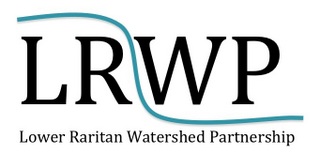Protecting Darkness
As we move toward the shortest and darkest day of the year, and as the winter constellations take their places in our night sky, my family seeks out landscapes freed from the trespass of streetlights to check in with Orion, Taurus, Auriga, Perseus, Cassiopeia, Gemini, and Canis Major. These forays are times to marvel at the grandness of the universe, and give us pause to reflect on our place in it.
However, just like our terrestrial landscapes, even our views of the night sky need protecting. Did you know that fully 80% of the American population lives where they cannot see the Milky Way with the naked eye? Light pollution not only compromises our views of darkness and the heavens, it has implications for functioning of life on earth by changing bat and moth behavior, threatening rainforest regrowth, and contributing to the decline of firefly populations across the globe. Many towns around the world are adopting “Dark Sky Initiatives” to remind us that our lands and skies are interconnected, and that like our waterways and our forests, our dark skies need protecting.
It is the season of lights. Our houses and streets are glowing with color. We string the Christmas trees with miniature glowing orbs, set out the diya, and light the candle in the Menorah. The visual display is joyous, festive, welcoming and wonderful. But consider adding a new tradition to your holiday calendar: turn off your lights and go out to gaze at the brilliance of the winter sky.
My family will do just that during our annual visit to Rutgers’ Serin Observatory during “Public Open Nights.” There we observe the night sky through the 20-inch optical telescope. Barring inclement weather, on December 13, 20 and 27 the (unheated) observatory will be open for two hours starting at 8:30 p.m. We are hoping for clear views of M31, Almach, NGC 457, h & χ Persei, η Persei, M45, M42, Betelgeuse, Sirius, Neptune-Mars appulse, Uranus, and the Moon.
As we scan the skies and take in the vastness of things, remember to take stock of your power to affect positive change in the here and now. Even in urban light polluted areas like the Lower Raritan Watershed there are things we can do to save the stars:
- Light only what you need
- Use energy efficient bulbs and only as bright as you need
- Shield lights and direct them down
- Only use light when you need it
- Choose warm white light bulbs.
Happy Holidays!

